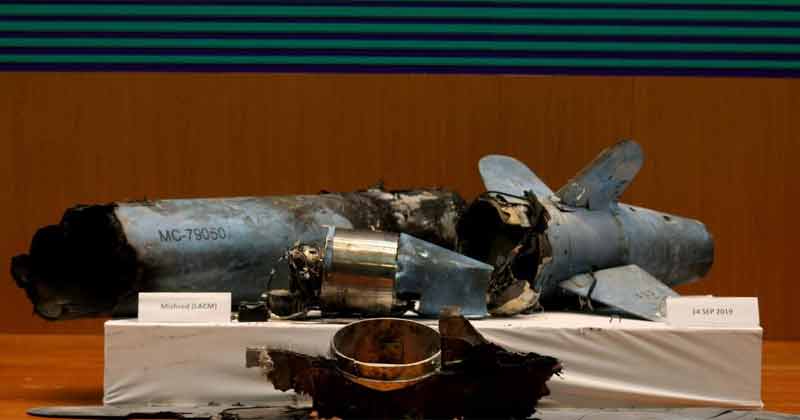A boiling recent development was surely the Saudi oil attacks that came up as an absolute shocker; something totally unprecedented and something that none saw coming.
The fact that Saudi Arabia happens to meet nearly 10 per cent of the entire world’s requirement of crude was implicit in understanding why the recent Saudi oil attacks on the various facilities down in the Middle Eastern nation came as a big blow.
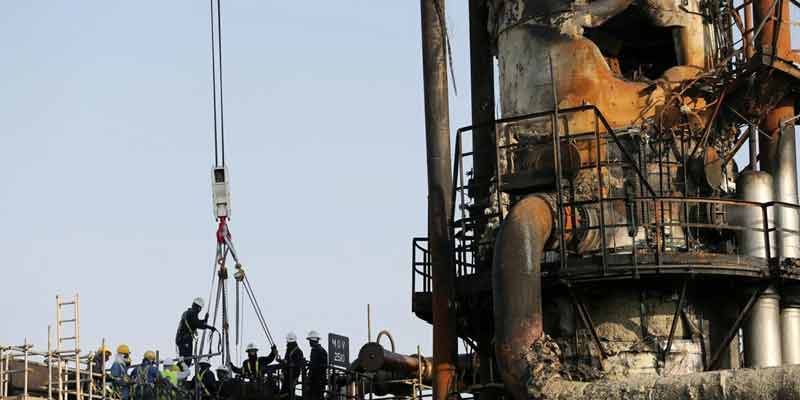
Therefore, suffices to state that any setback to the Saudi oil facilities fundamentally means a big blow to the world that depends on the nation to meet its yearly oil demands.
The fact that all fingers pointed to Iran as the major perpetrator of the Saudi oil attacks highlighted, not for the first time, the volatile relation existing between Saudi Arabia and the major Shiite Republic, two nations that have often been at the opposite ends of thought, diplomacy and public policy.
But what couldn’t be suppressed in the Saudi Oil attacks was the sheer scale of the hit that the oil facilities received.
That a small army of drones, allegedly controlled and supplied by Iran to the Houthi-rebels in control of Yemen, destroyed nearly 50 percent of Saudi Arabia’s global supply of crude was in no way a misrepresentation of facts.
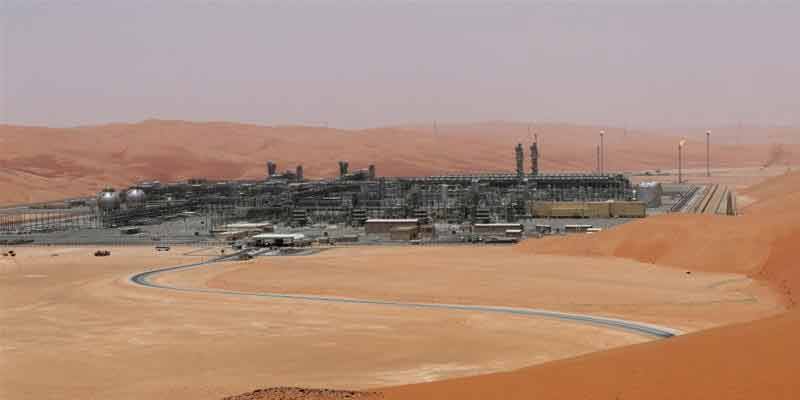
And now, just a few days since the widely-debated topic, several European countries have hit back at Iran, suggesting that there couldn’t possibly have been another country which would’ve taken a giant hit at Saudi Arabia other than the Islamic Republic.
So even as their response drew a lot of flack from a senior Iranian Military figure, leaders of Germany (Angela Merkel), France (Emmanuel Macron), and England (Boris Johnson) have jointly criticized Iran and blamed the recent Saudi oil attacks on it in a joint statement.
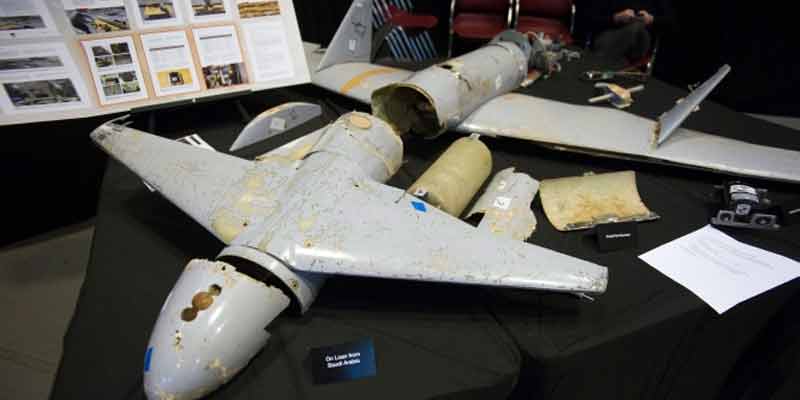
That said, it is worthwhile to remember that the three countries are signatories to the Joint Comprehensive Plan of Action that came into effect back in 2015.
This, basically, is a nuclear arrangement between Iran and the world powers which suggests clearly that Iran will be relieved of sanctions being imposed on it in exchange of imposing restrictions on its nuclear program.
And that said, implicit in Iran working comprehensively toward its nuclear program has been the opposition raised toward it from the Jewish state of Israel that suggested that the only reason why Iran was working on a nuclear program was to develop weapons (of war) to be launched in a massive forthcoming strike targeted against Israel.
But recently, the English Prime Minister met his counterparts from Germany and France on the sidelines of the annual United Nations General Assembly to discuss their strategy on Iran.
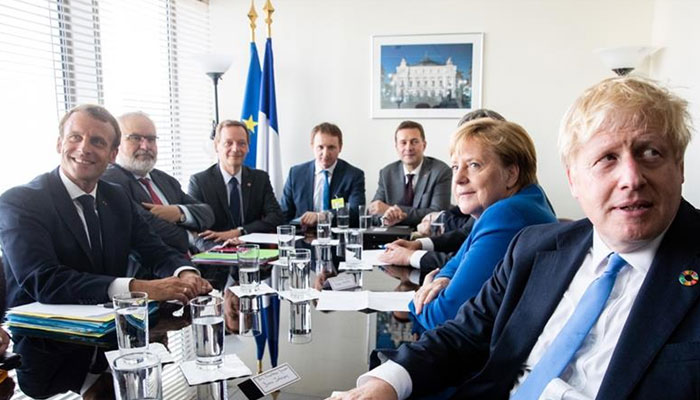
The leaders were of the following view:
“It is clear for us that Iran bears responsibility for this attack. There is no other plausible explanation,” the three leaders said in the joint statement released by France.
Pledging to work to ease tensions in the Middle East, the three urged Iran to “refrain from choosing provocation and escalation”.
Iran’s Foreign Minister Mohammad Javad Zarif denied the allegations, telling reporters in New York that a military attack by his country would have completely knocked out Saudi’s Arabia’s main oil-producing facility.
Zarif also said Yemen’s Houthi rebels “have every reason to retaliate” for the Saudi-led coalition’s aerial attacks on their country.
Suggested Read: China Pledges Increased Impetus Toward Climate Efforts
But that said what was most interesting was the views shared by a former White House and US Department of State official who called out the European leaders for simply, “jumping the gun” on Iran.
He suggested, “There is no proof. The French, the British and the Germans are not even waiting for a UN or international investigation, which the Saudis have themselves called for.”


